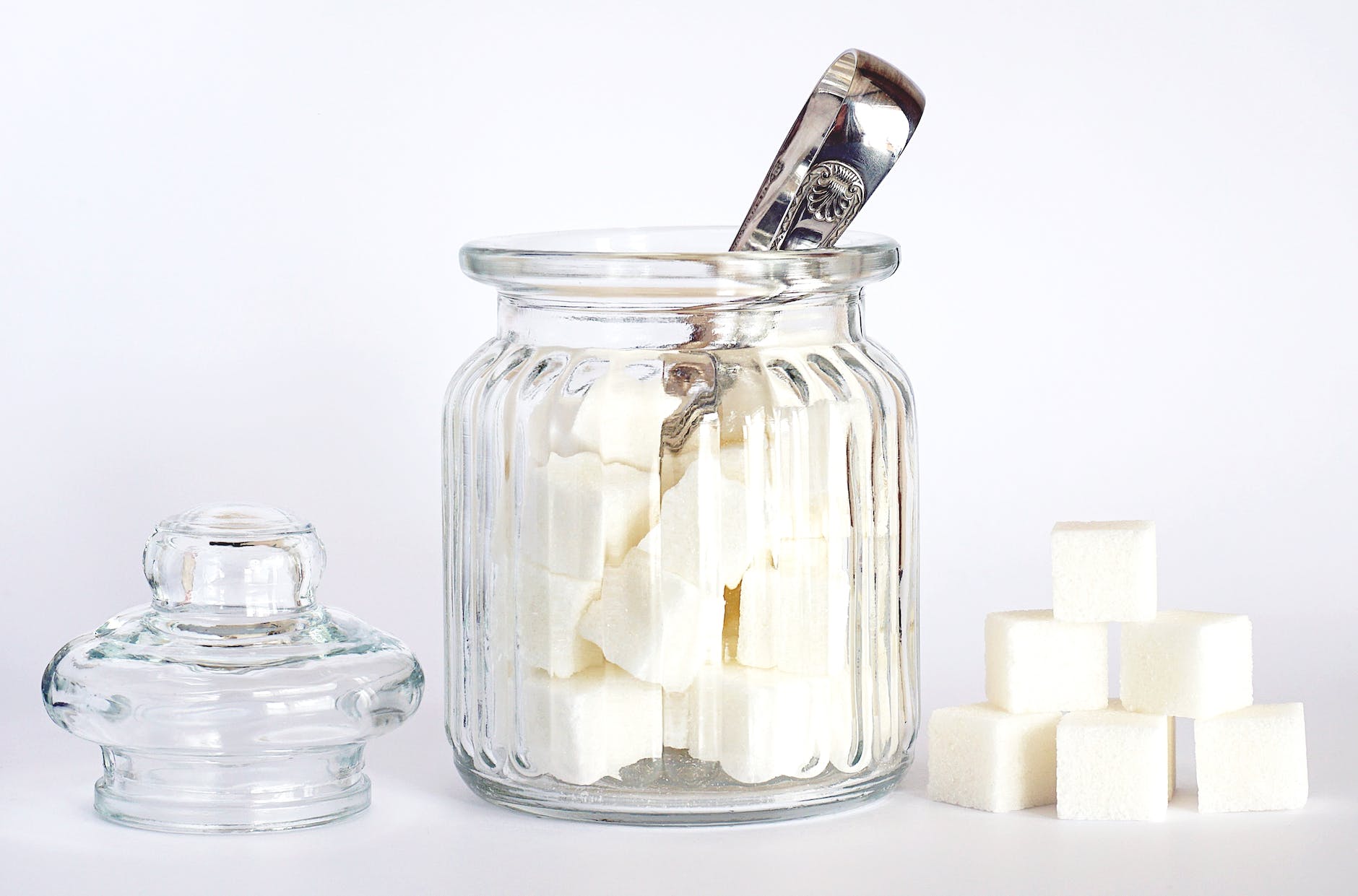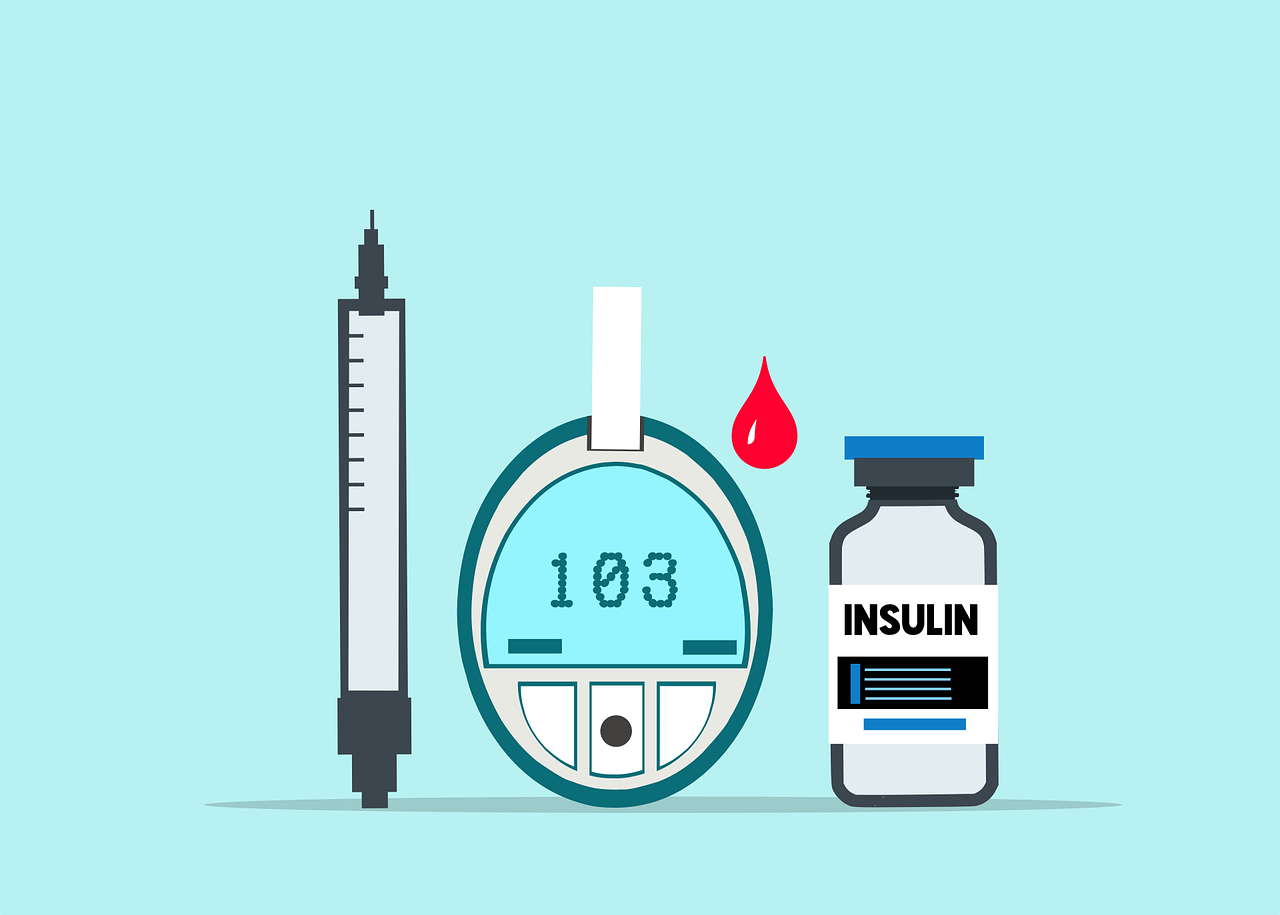
Introduction:
In the quest for healthier sugar alternatives, consumers often come across a myriad of options, each with its own set of ingredients. One common concern among health-conscious individuals is the presence of aspartame, a low-calorie artificial sweetener, in these products. This article aims to address the frequently asked question: Does Truvia contain aspartame?
Understanding Aspartame:
Before diving into Truvia’s composition, it’s essential to understand what aspartame is. Aspartame is a low-calorie artificial sweetener used in many diet sodas and sugar-free products. While approved by health authorities worldwide, it has been the subject of debate and research regarding its safety.
Also Read: What is Truvia Sweetener?
Truvia’s Core Ingredients:
- Erythritol: This sugar alcohol, found naturally in certain fruits, is the primary ingredient in Truvia by volume. It provides sweetness without the calories and doesn’t impact blood sugar levels.
- Stevia Leaf Extract: Derived from the stevia plant, this extract is responsible for Truvia’s sweetness. The extract is a purified form, which can be much sweeter than regular sugar.
- Natural Flavors: These are added to Truvia to enhance its overall taste profile, ensuring a sugar-like taste without any bitterness or aftertaste.
So, Does Truvia Contain Aspartame?
The straightforward answer is no. Truvia does not contain aspartame. The brand prides itself on using natural ingredients, primarily erythritol and stevia leaf extract, to achieve its sweetness. There is no inclusion of aspartame or any other artificial sweeteners in Truvia’s formulation.
Why the Confusion?
The confusion often arises because the market is flooded with various sweeteners, each with its unique blend of ingredients. Aspartame is commonly found in many diet products, leading to generalizations. However, it’s crucial to read labels and understand the composition of each product individually.
Safety and Health Considerations:
While Truvia does not contain aspartame, it’s always a good practice to consume products in moderation. Some individuals might experience digestive discomfort if they consume large amounts of Truvia, primarily due to the erythritol content.
Conclusion:
When choosing a sweetener, it’s essential to be informed about its ingredients. Truvia offers a natural alternative to sugar without the inclusion of artificial sweeteners like aspartame. Whether you’re looking to reduce your sugar intake or find a suitable sweetener for dietary needs, understanding the composition of products like Truvia can guide you in making the right choice.
FAQs for “Does Truvia Have Aspartame?”:
- Is Truvia considered a natural sweetener? Yes, Truvia’s primary ingredients are derived from natural sources, making it a natural sweetener.
- Are there any artificial ingredients in Truvia? No, Truvia prides itself on being free from artificial sweeteners and ingredients.
- Why do some people believe Truvia contains aspartame? The confusion often stems from the plethora of sweeteners available in the market, some of which do contain aspartame.
- Is Truvia safe for diabetics? Truvia doesn’t spike blood sugar levels, making it suitable for diabetics. However, it’s always best to consult with a healthcare professional.
- How does Truvia compare to other sweeteners in terms of ingredients? Unlike some sweeteners that use artificial compounds, Truvia’s sweetness comes from the stevia plant and erythritol, both of which are natural.
Blog Tags for the Post: Truvia, Aspartame, Natural Sweeteners, Sugar Alternatives, Erythritol, Stevia Leaf Extract, Artificial Sweeteners, Truvia Ingredients.










